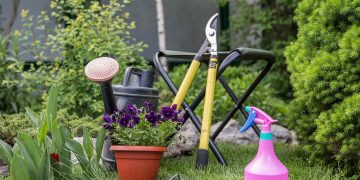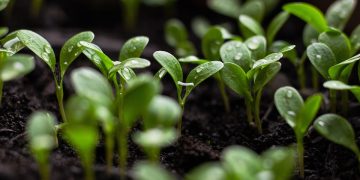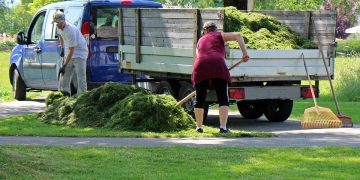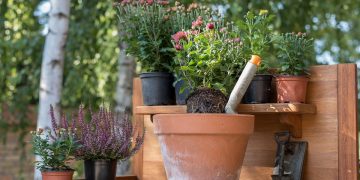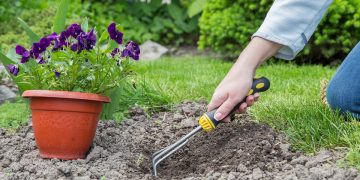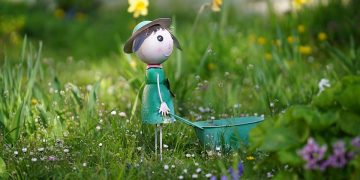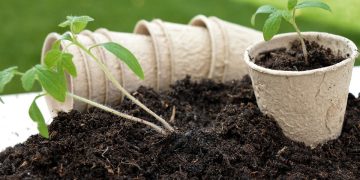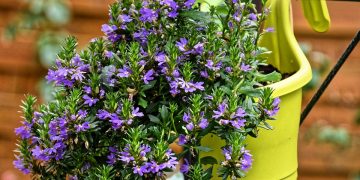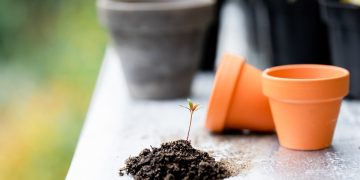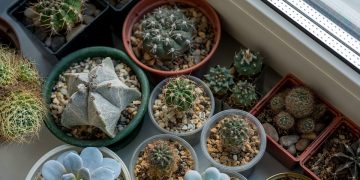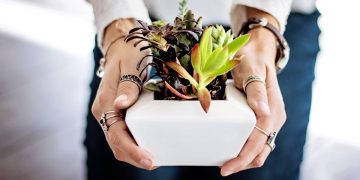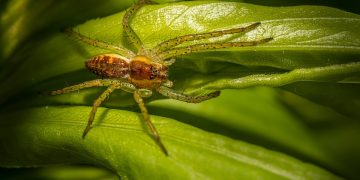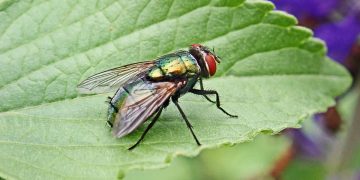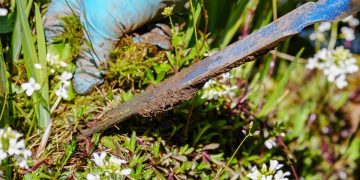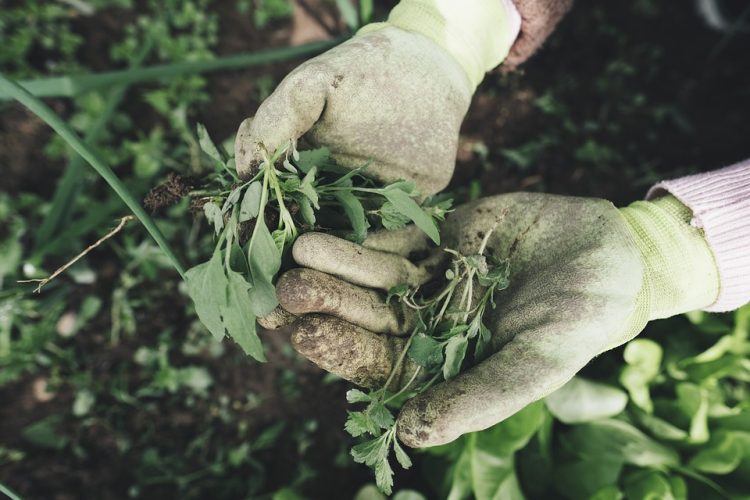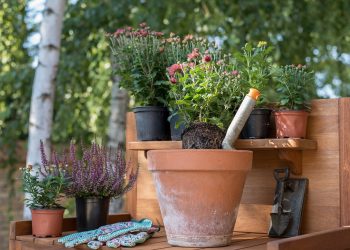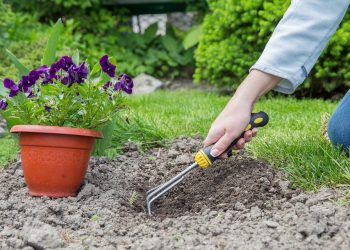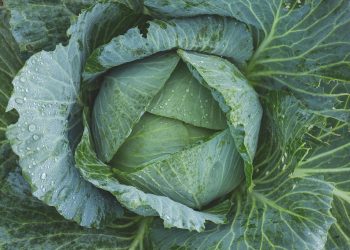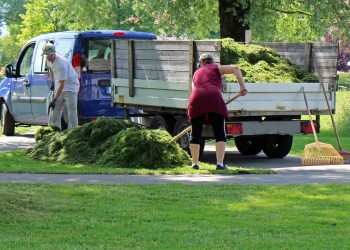Growing Green: Sustainable Gardening Tips for a Greener Planet
In today’s world, sustainability is more important than ever. As we face the challenges of climate change and environmental degradation, it’s crucial that we all do our part to lessen our impact on the planet. One way to contribute to a greener future is through sustainable gardening practices. By making small changes to the way we garden, we can help reduce our carbon footprint and protect the environment for future generations. In this article, we’ll explore some tips for growing green and creating a more sustainable garden.
Why Sustainable Gardening Matters
Sustainable gardening is all about working with nature, rather than against it. By using organic methods and natural materials, we can create healthy, vibrant gardens that support biodiversity and promote ecological balance. Sustainable gardening also helps conserve resources such as water and energy, reducing waste and pollution in the process. By adopting sustainable practices in our gardens, we can make a positive impact on the environment and contribute to a greener, healthier planet for all.
Choosing the Right Plants
One of the first steps in creating a sustainable garden is choosing the right plants. Native plants are well-adapted to the local climate and soil conditions, making them more resilient and less reliant on water and pesticides. By selecting native plants for your garden, you can help support local wildlife and create a more sustainable ecosystem. Additionally, choosing plants that attract pollinators such as bees and butterflies can help promote biodiversity and improve the health of your garden.
Water Conservation
Water is a precious resource, and it’s important to use it wisely in the garden. By incorporating water-saving techniques such as mulching, drip irrigation, and rainwater harvesting, you can reduce water waste and promote healthy plant growth. Mulching helps retain moisture in the soil, while drip irrigation delivers water directly to the roots of plants, minimizing evaporation. Collecting rainwater in a barrel or cistern allows you to water your garden without using municipal water, reducing your water bill and conserving resources.
Composting and Soil Health
Healthy soil is the foundation of a successful garden, and composting is a great way to improve soil fertility and structure. Composting kitchen scraps, yard waste, and other organic materials creates nutrient-rich compost that can be used to amend soil and nourish plants. By recycling organic matter through composting, you can reduce waste sent to landfills and minimize the need for chemical fertilizers. Healthy soil also supports beneficial microorganisms and earthworms, which help break down organic matter and improve soil health.
Integrated Pest Management
Instead of relying on chemical pesticides to control pests in the garden, consider using integrated pest management (IPM) techniques. IPM focuses on prevention and monitoring, using a combination of cultural, biological, and mechanical methods to manage pests effectively. By promoting biodiversity and creating a healthy ecosystem in your garden, you can attract beneficial insects and other predators that help control pest populations naturally. Planting a diverse range of species, rotating crops, and practicing good garden hygiene can also help prevent pest problems before they start.
Reducing Energy Use
Gardening can be a resource-intensive activity, but there are ways to reduce energy use and minimize your carbon footprint. Consider using hand tools instead of power tools whenever possible, and opt for manual or push mowers instead of gas-powered models. Solar-powered lights and water features are also a sustainable choice for illuminating and enhancing your garden. By reducing your reliance on fossil fuels and electricity, you can lower your greenhouse gas emissions and create a more eco-friendly garden.
Educating and Inspiring Others
One of the most powerful ways to promote sustainability in the garden is by educating and inspiring others to do the same. Share your knowledge and passion for sustainable gardening with friends, family, and community members, and encourage them to adopt eco-friendly practices in their own gardens. Consider hosting workshops, volunteering at local schools or community gardens, or participating in environmental events to raise awareness and promote sustainable gardening. By working together, we can create a greener, more sustainable future for all.
Conclusion
As gardeners, we have a unique opportunity to make a positive impact on the environment and create a more sustainable future. By implementing eco-friendly practices such as choosing native plants, conserving water, composting, and practicing integrated pest management, we can reduce our environmental footprint and support a healthier planet. By educating and inspiring others to do the same, we can work together to create a greener, more sustainable world for generations to come. Let’s all do our part to grow green and make a difference for the planet!
By following these tips and incorporating sustainable gardening practices into your routine, you can create a beautiful, healthy garden that supports biodiversity, conserves resources, and promotes a greener planet for all. Together, we can make a difference and create a more sustainable future for generations to come.



